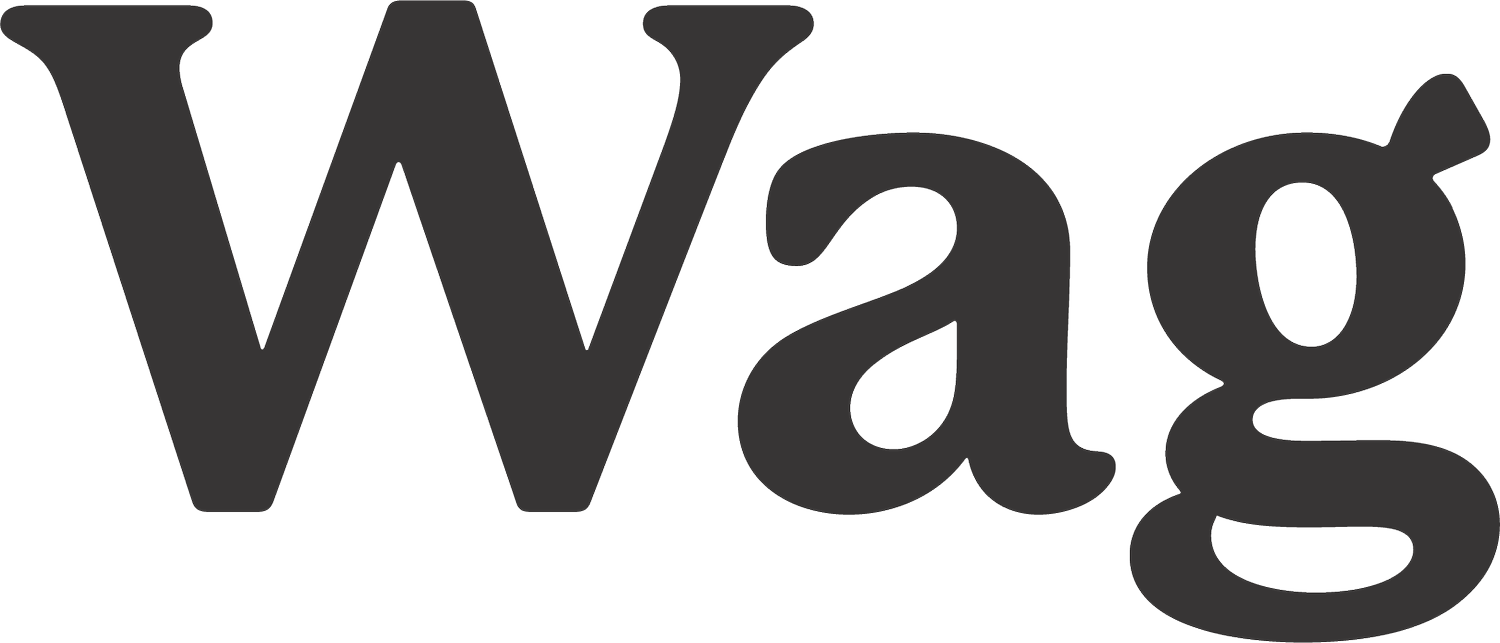Our Services
Comprehensive & individualized medical care for your furry friends
-
Annual exams, immunizations, parasite control, illness, weight management, pain management and end of life care are important areas of basic healthcare that we can help owners navigate through. Each individual pet and family will have different lifestyles and needs that make their situation unique. We recognize that the needs of one pet may not apply to others and work with clients to personalize the basic medical care of their dogs and cats.
-
We offer in-house laboratory services that enable quick assessment of your sick pet as well as a comprehensive profile of external lab resources for more in-depth testing. Digital x-ray and ultrasound technology are available to aid in the evaluation of ill and injured animals.
-
We want you to be comfortable with the decision to have your pet undergo a surgery or dental procedure. To help with this, our veterinarian will review the procedure and post-operative care with you prior to admission to ensure that everyone is informed of what is taking place and what aftercare will be involved. They will also provide an estimate, when requested, and review it with you prior to surgery so the costs are known. We encourage you to take the time to ask any questions during your visit for the preoperative exam. Still have questions! Feel free to contact us through the clinic email or by phone call to resolve any concerns you may have.
At Wag Veterinary we emphasize the safety of your pet when undergoing an anesthetic procedure. Preoperative blood work is recommended for most anesthetic procedures to help ensure that anemia, infection and abnormal platelet numbers are not present and that your pet’s kidney and liver function are capable of metabolizing the anesthesia and medications being administered before, during and after the procedure. Most often, we will request you set-up a technician appointment about one week prior to the procedure for your pet to have blood drawn and sent to the laboratory. The veterinarian will call to discuss the results within 1 - 2 days and address any concerns that may have been found.
In preparation for anesthesia, owners should fast their pet overnight. In general, removing their access to food after midnight is fine. Water can remain available until the morning. Dosing of specific medications should be discussed with the veterinarian in advance so a plan can be made, but in most cases, medications can be given the morning of the surgery.
On the day of the procedure, you should arrive at the clinic between 8 and 9 AM for admission.There will be a few forms for you to sign if you haven’t already completed them on-line. We will do our best to comfort your pet during their time at the clinic by offering reassuring words, a comforting tone, lots of pats and a couple of walks during the day. Our veterinarian will perform a pre-surgical exam focusing on their cardiovascular system and we will administer a sedative and some preoperative pain medication if it is warranted.
Next, our technician will place an IV catheter in your pet’s leg which will allow us to administer IV fluids and medications quickly and effectively. We will start fluid therapy to help support their cardiovascular system during anesthesia and medications will be given through the IV to heavily sedate your pet prior to placement of a breathing tube. The breathing tube will allow us to administer gas anesthesia and maintain an appropriate level of anesthesia while also protecting their airway. A warming pad is used on the surgery table to reduce the effects of heat loss during surgery. Most importantly, our veterinarian and veterinary technician will frequently monitor your pet’s vitals closely throughout the procedure checking heart rate, blood oxygen concentrations, pulse quality and body temperature to help identify any complications early and take appropriate action to resolve them.
After surgery, your pet is carefully transferred to the recovery area where they lay on a soft recovery pad and are covered with a cozy warming blanket. As they begin to wake up, we remove the breathing tube and continue to check their heart rate, breathing rate and temperature until they are fully recovered. At this time we will call the family with an update on their progress and to discuss the outcome of the procedure and arrange a pickup time. We will send you home with post-operative care instructions and call to check in on their progress the following day.
FAQs
-
For after-hours care please contact Greenbrier Emergency Animal Hospital at (434) 202-1616 or Verona Emergency Services at (540)248-1051.
-
If it is during office hours contact us immediately. If not, call the ASPCA Poison Control hotline at (888) 426-4435.

